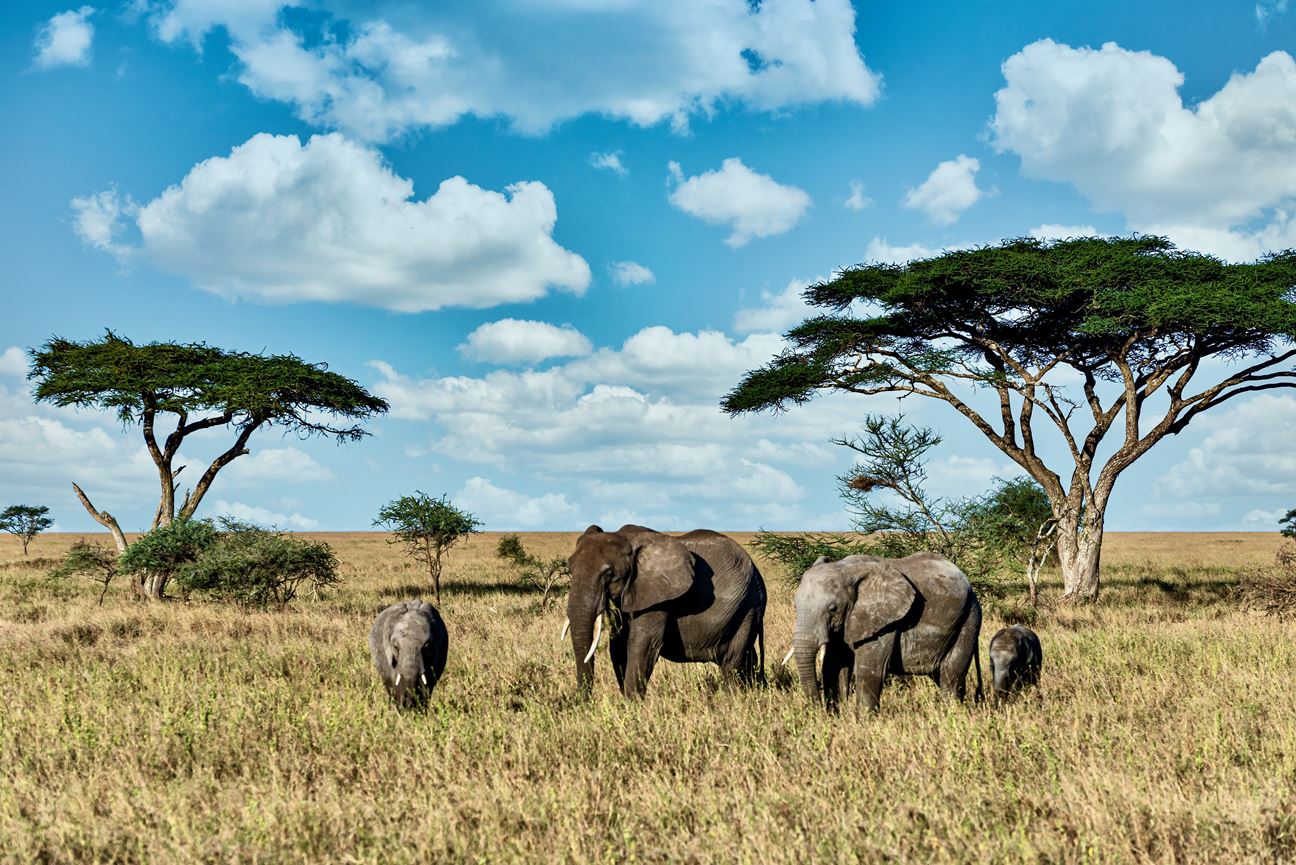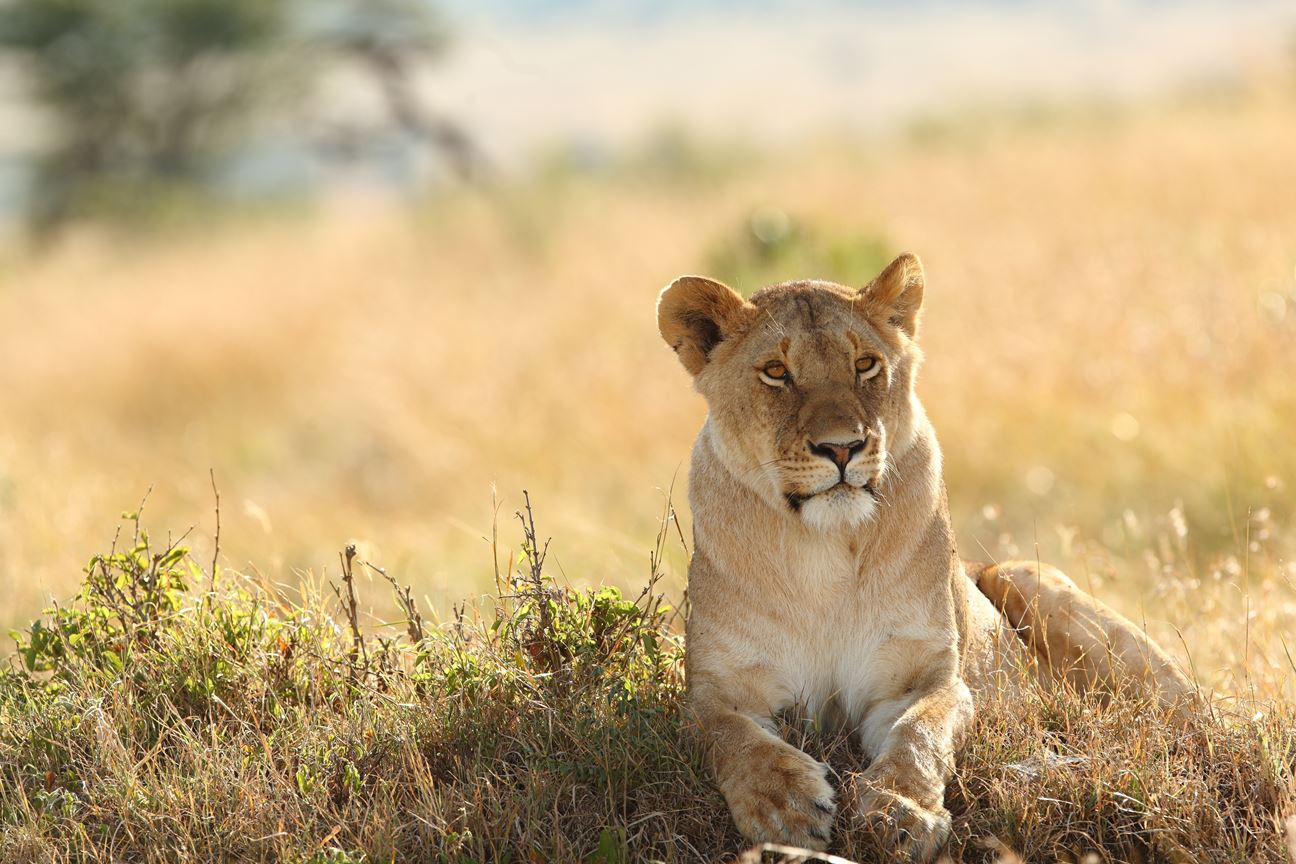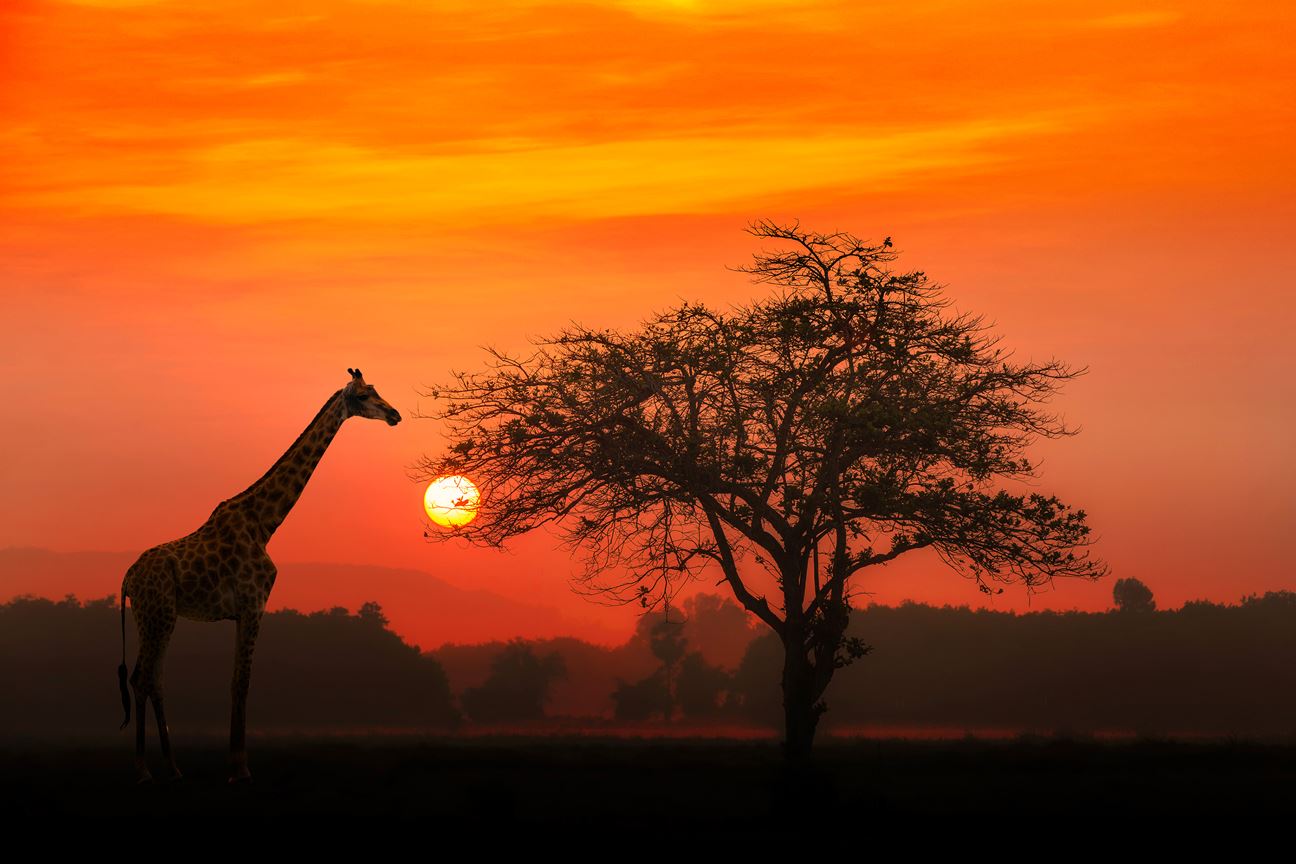If you were an animal living in the savanna, what would you fear the most: a lion's roar, a dog's bark, or a gunshot?
To the animals of the Savannah, no sound is as terrifying as the human voice.
A recent study published in Current Biology showed that mammals in South Africa were more likely to flee from their watering holes when they heard human voices than when they heard any other potential threat. The researchers used hidden cameras and speakers to play different sounds, such as humans, lions, dogs, gunshots, or birds, and recorded how the animals reacted.

Watch the video here.
The results were astonishing. The animals were twice as scared of humans as they were of lions, the apex predators of the savannah. This suggests that humans are the "super predators", according to Liana Zanette, a biologist at the University of Western Ontario who led the study.
Why Are Humans So Scary?
Humans have a long history of hunting and killing animals for food, sport, or trade. In fact, humans kill prey at much higher rates globally than predators do. This means that animals have learned to associate humans with danger and death.
Fear is a natural and adaptive response that helps animals survive in the wild. When animals sense a predator nearby, they run away, hide, or freeze. This reduces their chances of being caught and eaten.

However, fear also has a cost. Animals who live in constant fear have less time and energy to feed, rest, and reproduce. Fear can also affect their behaviour, physiology, and ecology. For example, fear can make animals avoid certain areas or resources, change their activity patterns or social interactions, or alter their hormone levels or immune system.
Therefore, fear can have negative consequences for animal populations and biodiversity. This is especially true when fear is caused by humans, who are not part of the natural food web and who can hunt animals at any time and place.
How Does the Research Help?
The findings of the study are alarming, but they also offer some hope for conservation. Zanette suggested that fear of humans could be used as a tool to protect animals from poaching.
By playing human voices in areas where poaching is common, we might be able to deter animals from entering those zones and save them from being captured or killed. This could be a simple and effective way to reduce the impact of human hunting on wildlife.
Of course, this is not a perfect solution. Playing human voices could also scare away other animals that are not targeted by poachers, such as birds or insects. It could also disrupt the natural balance of the ecosystem by altering the interactions between predators and prey.
Therefore, more research is needed to understand the effects of fear on animal behaviour and ecology. We also need to find other ways to reduce human-animal conflict and promote coexistence.
How Can We Make in the Wild Animals Feel Safer?

As the worrying tensions between humans and animals rise, we can help ease the situation by adopting measures to make animals feel safer and more comfortable around us. If you spot an animal in the wild, here are some tips:
- Respect the animals’ boundaries and personal space. Do not approach, touch, or feed them. Observe them from a distance.
- Avoid making loud noises or sudden movements that might scare or stress them.
- Do not disturb their natural behaviour or habitat.
- Secure your trash, recycling, and compost bins to prevent accidental feedings.
- Use humane methods to deter unwanted wildlife from your property. Do not use traps, poisons, or other harmful devices that might injure or kill them.
- Learn about the wildlife in your area and how to communicate with them.
- Educate yourself and others about the importance of wildlife conservation and coexistence. Support organisations that protect and restore wildlife habitats.